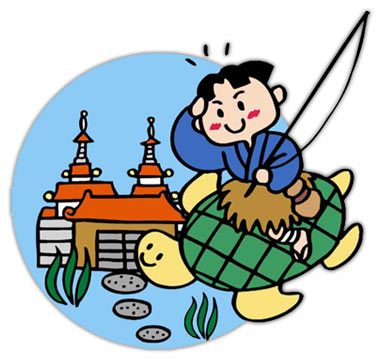When a member of one language group learns to speak another language, the laws of phonetics decree that he or she will speak with an accent — this is true of everyone, including myself. I’m told that English speakers generally sound more emotional than Japanese when we speak their language, often letting excitement about whatever we’re talking about filter into our speech. In comparison, spoken Japanese is flat and generally lacking in intonation, which seems to fit with my theory that Japanese are really Vulcans. There are of course more accents than just English-to-Japanese, and encountering these can be a surprise, like the time I couldn’t understand the girl at the KFC drive-thru because she was Chinese, and I’d never heard a Chinese-Japanese accent before. These days I’m fond of Korean-Japanese accents, and whenever the adorable actress Yoon Sona is on TV I stop to watch — I just love the sing-song tones of her imperfectly pronounced Japanese.
If you’re learning Japanese, there are some steps you can take to reduce any accent you have when speaking. First, do your best to avoid reading Romanized Japanese, that is Japanese written in the Roman alphabet, because of the way your brain will try to extend the grammar and pronunciation rules of English too far (there is no silent ‘e’ in the word moe). Instead, use Japanese study tools that force you to learn words in hiragana, katakana and kanji, such as the Genki textbook series or the excellent flashcards from White Rabbit. This is harder at first but will pay off immediately in better pronunciation, as you say words like onsen or ichi man (hot springs and the numeric unit 10,000) the correct way, e.g. OWN-sen and ichi MAHN, not as they’d be pronounced if they were English words. Using music to help accent reduction is another good idea — I used to use the song Tom’s Diner by Suzanne Vega as a teaching tool with my Japanese students. So if you like karaoke, you’ve got a great tool right there!

When foreigners speak Japanese, we naturally have accents.















